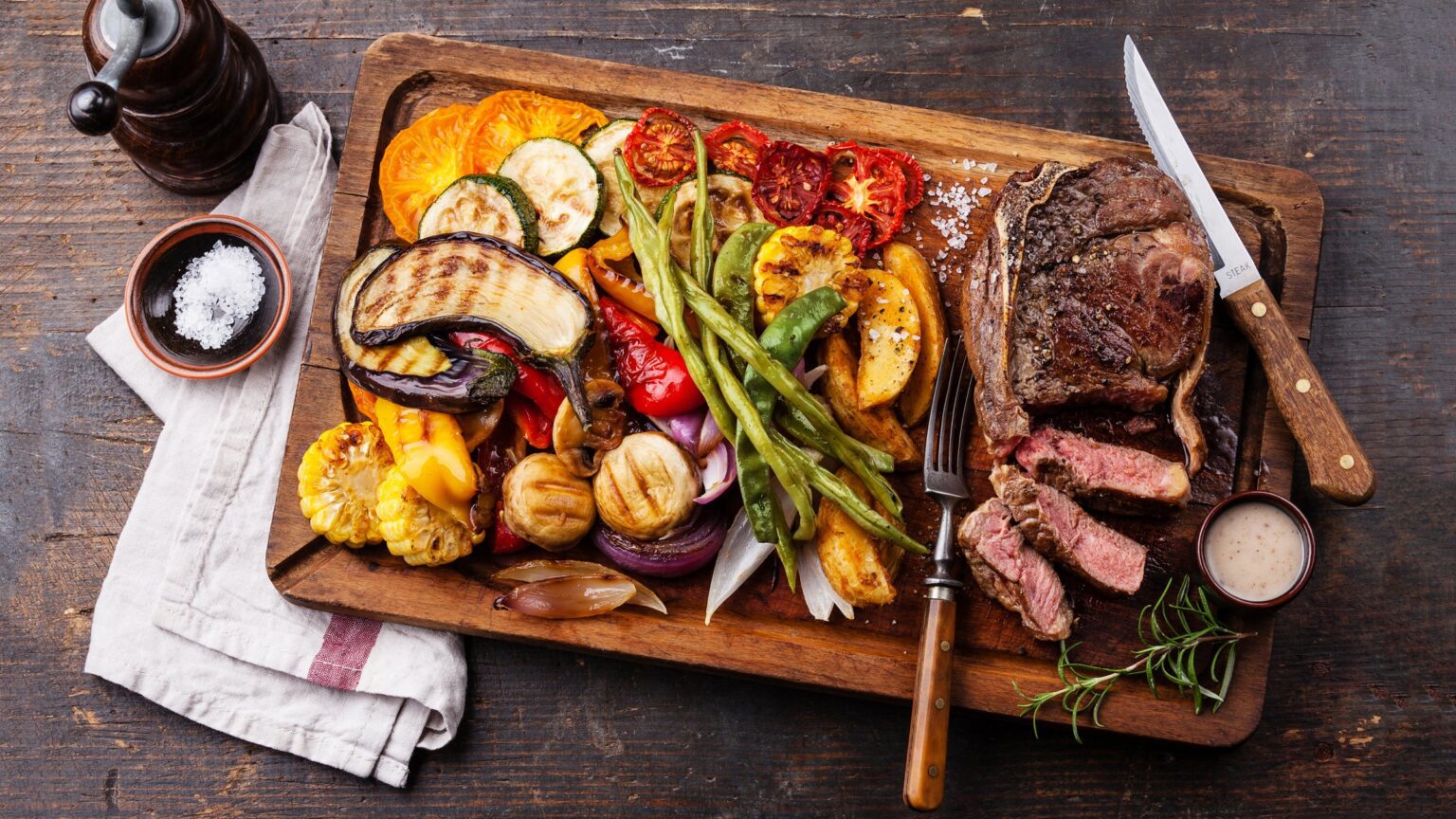Marathon week can evoke a mix of excitement and anxiety among runners. After months of rigorous training, participants often enter a taper phase where their mileage dramatically decreases. While this rest is crucial for recovery, it can also lead to stress about performance and injuries. To ease these concerns, it helps to have a strategic approach to race week nutrition. In this guide, we’ll explore insights from elite marathoners on their meal plans as they prepare for the upcoming Boston Marathon on April 17.
Understanding Taper Nutrition
Nutrition plays a significant role during taper week for marathon runners. As athletes cut back on mileage, it’s essential that they focus on what they eat to ensure their bodies are well-fueled. The key is to find a balance. This process becomes easier when incorporating a variety of ingredients, maintaining energy levels, and avoiding the pitfalls of overloading on carbohydrates.
Blake Russell’s Strategy
Blake Russell, a seasoned marathon veteran with a personal record of 2:29:10, emphasizes listening to your body during this crucial week. Despite a reduction in mileage, Russell finds herself constantly hungry, likely due to her body’s preparation for race demands. Five days before the marathon, she indulges in fried calamari and refried beans, balancing proteins and carbohydrates without excessive bloating. As the race approaches, her meals shift to lighter options, culminating in a gourmet salmon dish the day before the marathon to ensure top performance.
Des Linden’s Flexible Approach
Two-time Olympian Des Linden, who boasts a marathon personal best of 2:22:38, embodies flexibility in her pre-race nutrition. Five days prior, she enjoys sirloin steak with a spinach salad, while three days out, it’s all about spaghetti Bolognese. On race eve, she opts for plain white rice, as it is easy to digest and provides an excellent source of carbohydrates. For hydration, Linden emphasizes the importance of continual electrolyte intake leading to race day. This adaptable strategy not only fuels her body but prepares her mentally to compete under various conditions.
Carbo Loading with Jared Ward
Jared Ward, with a personal record of 2:11:30, follows a systematic carb-loading regime starting about a week before the race. Initially, he reduces carbohydrate intake before replenishing it by the week’s end. Five days out, a protein-rich meal incorporating vegetables and lean meats is crucial, followed by sweet potato popsicles for quick energy boosts. On the day before the race, simplicity rules, with a light serving of spaghetti designed to maintain energy without overloading. Regular hydration, primarily through water and electrolyte drinks, further complements his preparation.
Meb Keflezighi’s Nutritional Focus
Meb Keflezighi, a four-time Olympian and Boston Marathon champion, highlights the importance of protein during the taper phase. With a marathon personal record of 2:08:37, Meb focuses initially on protein-rich foods before transitioning to starches as race day approaches. Five days ahead, his meals include chicken or beef paired with brown rice, while three days out, he reverts to chicken wings accompanied by pasta. The night before, Meb indulges in spaghetti with red sauce to align with his Italian heritage, ensuring he has the energy needed for race day while cognitive dissonance in food choice remains minimal.
General Taper Tips for Marathon Runners
During this vital taper week, several strategies can assist runners in optimizing performance on race day. First, maintain a diet rich in essential nutrients, prioritizing proteins and healthy fats before transitioning to carbohydrates closer to the event. Consistent hydration is pivotal, with both water and electrolyte drinks being essential. Additionally, athletes should focus on meals that their bodies are accustomed to, reducing the risk of gastrointestinal distress during the marathon. Lastly, remembering to listen to your body can alleviate mental stress and position runners for success.
Conclusion
As marathoners prepare for their respective races, understanding the delicate balance of taper week nutrition becomes vital. From choosing the right meals to maintaining hydration, insights from seasoned athletes provide a comprehensive framework to guide runners through their preparations. With the right approach, marathon week can transform from a period of anxiety into an excellent opportunity for performance enhancement. For further reading on running and race-day preparation, visit our suggested links.
